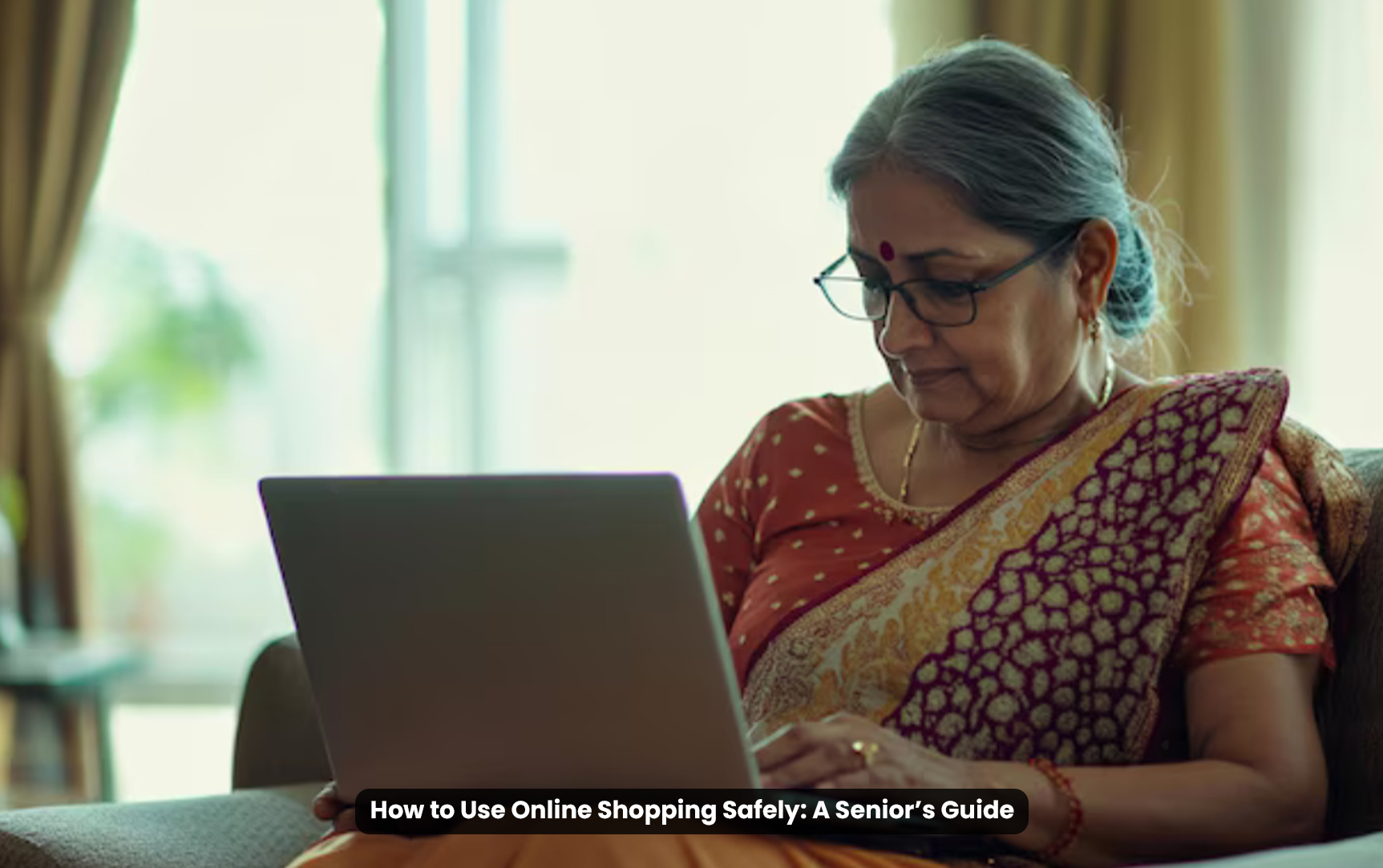
Look for a padlock icon in the address bar and ensure the URL starts with “https” instead of “http.” These indicate a secure connection.
While many websites offer this convenience, it’s safer not to store your card details. Enter your payment information each time to reduce risks.
Contact your bank or credit card company immediately to report the issue and dispute the charges. Also, change your passwords and monitor your accounts for further unauthorized transactions.
Yes, but ensure your phone is updated with the latest security patches and avoid using public Wi-Fi for transactions.
Look for reviews on multiple platforms, not just the retailer’s website. Third-party review sites or forums can provide more balanced feedback.
Ashiana, Ashiana Housing build homes. Homes surrounded by vast green spaces and fresh breeze. Homes cocooned in secured gated complexes. Homes where futures are forged and there are opportunities to grow. And Homes in environments brimming with healthy activity, trust and respect. At heart, we build communities with care.
Other posts by Ashiana
Join 1000+ of fellow readers. Get expert real estate knowledge straight to your inbox absolutely free. Just enter your email address below.